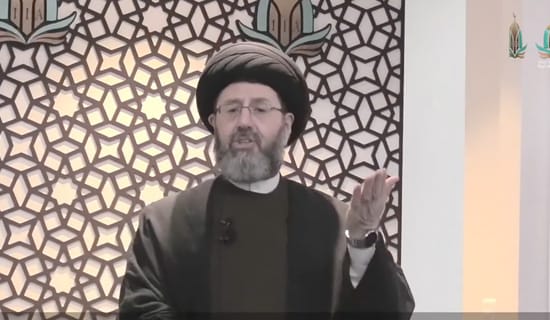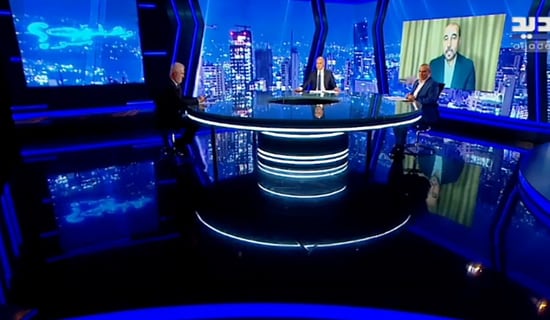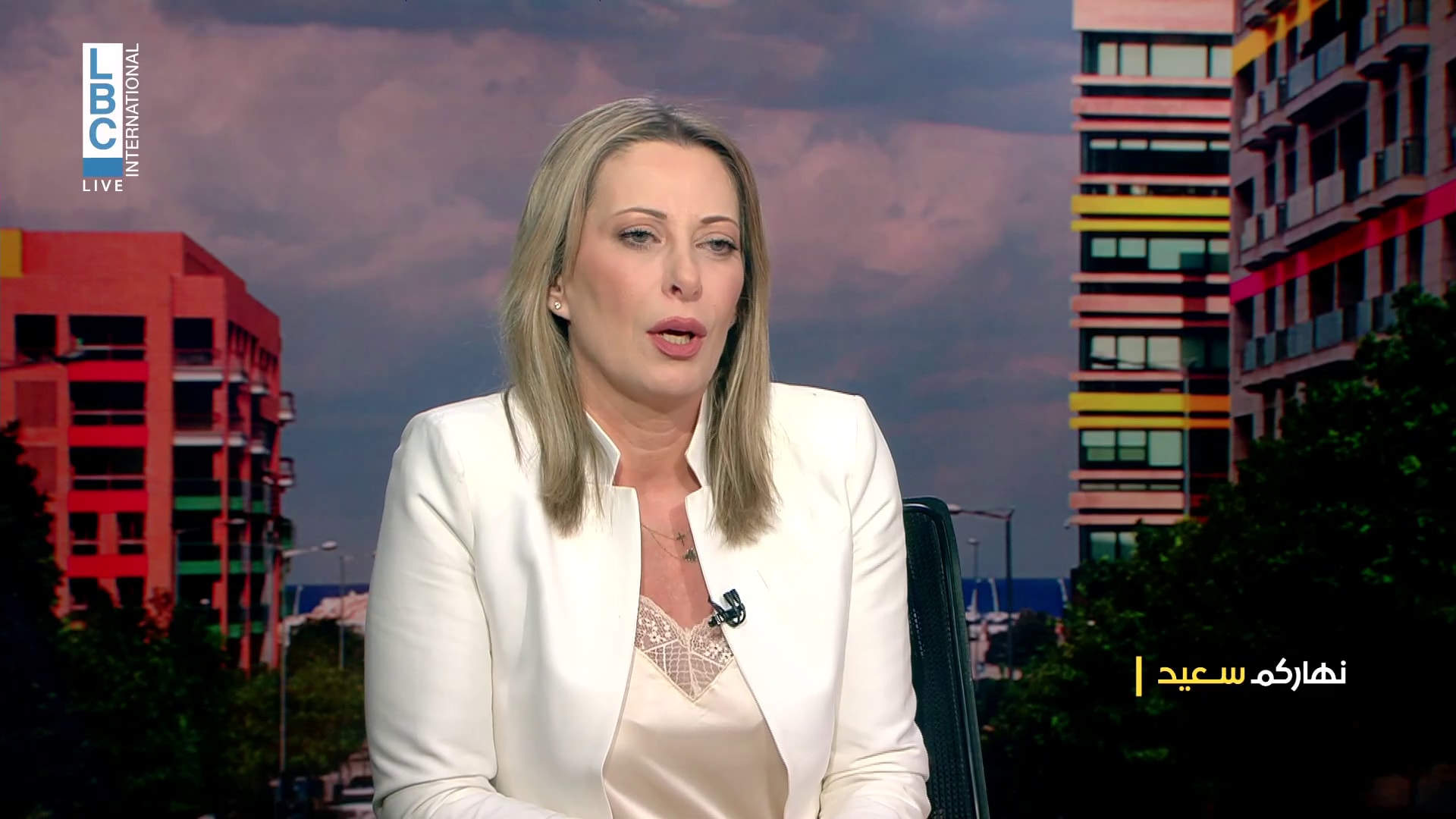
D.C.-based Syrian political analyst Ruwan Al-Rejoleh said in a January 28, 2020 interview on France 24 TV that the split between the Palestinian youth and the Palestinian leadership is the reason that U.S. President Donald Trump said that his Middle East peace plan is realistic. She elaborated that the unemployment rates in the Gaza Strip and the West Bank are 45% and 13%, respectively, and she said that the Palestinian issue has "come to an end" and transformed into a mostly economic matter rather than a political one. Al-Rejoleh said that the Palestinian youth should have a revolution similar to the recent uprisings in Iraq, Lebanon, and Syria in order to bring down their corrupt leadership. In addition, she said that Hamas, Fatah, and the Palestinian leadership have a share in the blame for the situation being as it is. She added that the issue doesn't boil down to the Palestinians' demands without them making any concessions.
Ruwan Al-Rejoleh: "I would like to reply to some of the emotional expressions that Arab society in general is so used to when it comes to the Palestinian cause. Allow me to provide the other two guests with some figures that capture the condition of the Palestinian youth, whom Trump referred to in his speech. Trump is not a 'novice' [as you said], miss. The unemployment rate in the Gaza Strip is three times that in the West Bank. We are talking about a 45% unemployment rate among young Gazans, and [only] 13% in the West Bank... 42% of the women and 20% of the men are unemployed. Let us talk about the child labor in the West Bank and the Gaza Strip: It's 4% in the Gaza Strip and 2% in the West Bank. I'm sorry, miss, but it is very easy and comforting to talk about resistance and to say that we want to liberate the land, at a time when young Palestinians cannot find jobs and when the leaders – whether from the Palestinian Authority or Hamas – enjoy billions of dollars.
[...]
"Only the leaders and people of influence benefit from all this..."
Wafa Kafani: "The Palestinian people want dignity, not a few pennies."
Ruwan Al-Rejoleh: "How do you know that dignity is what they want? They have no food or livelihood..."
Wafa Kafani: "The Palestinian people express every day their desire to live and their adherence to their lands, to the Right of Return, and to a Palestinian state with Jerusalem as its capital."
[...]
Ruwan Al-Rejoleh: "The Palestinian cause is 70 years old, and it has come to an end, or rather, it has transformed from a political issue that has to do with rights into a purely economic matter that has to do with livelihood. Anyone who follows this issue knows that there is a terrible split on the ground between the leaders and the youth. Yes, it's a political issue, but the reality is different. This is why [Trump] said that this is a realistic proposal for a two-state solution.
[...]
"I think that the Palestinian youth should carry out a revolution now, just like the revolutions in Iraq, Lebanon, and Syria..."
Wafa Kafani: "Revolution against whom?"
Ruwan Al-Rejoleh: "...in order to bring down the corrupt Palestinian leaders. These leaders have brought us to where we are. This reality is not just the handiwork of Israel but also of the Palestinian leaders. Both Fatah and Hamas have played a major role in creating this reality that benefits these Palestinian leaders.
[...]
"From what I heard from your guests, it is clear that there is no desire to engage in any political move or negotiations with the Israeli side. It has been like that since the days of Oslo. As a Syrian, the Israeli-Palestinian conflict has defined much of my life – with regard to the Golan Heights and the Palestinian conflict in general. But this does not mean that it all boils down to what the Palestinians demand without [them] making any concessions."













